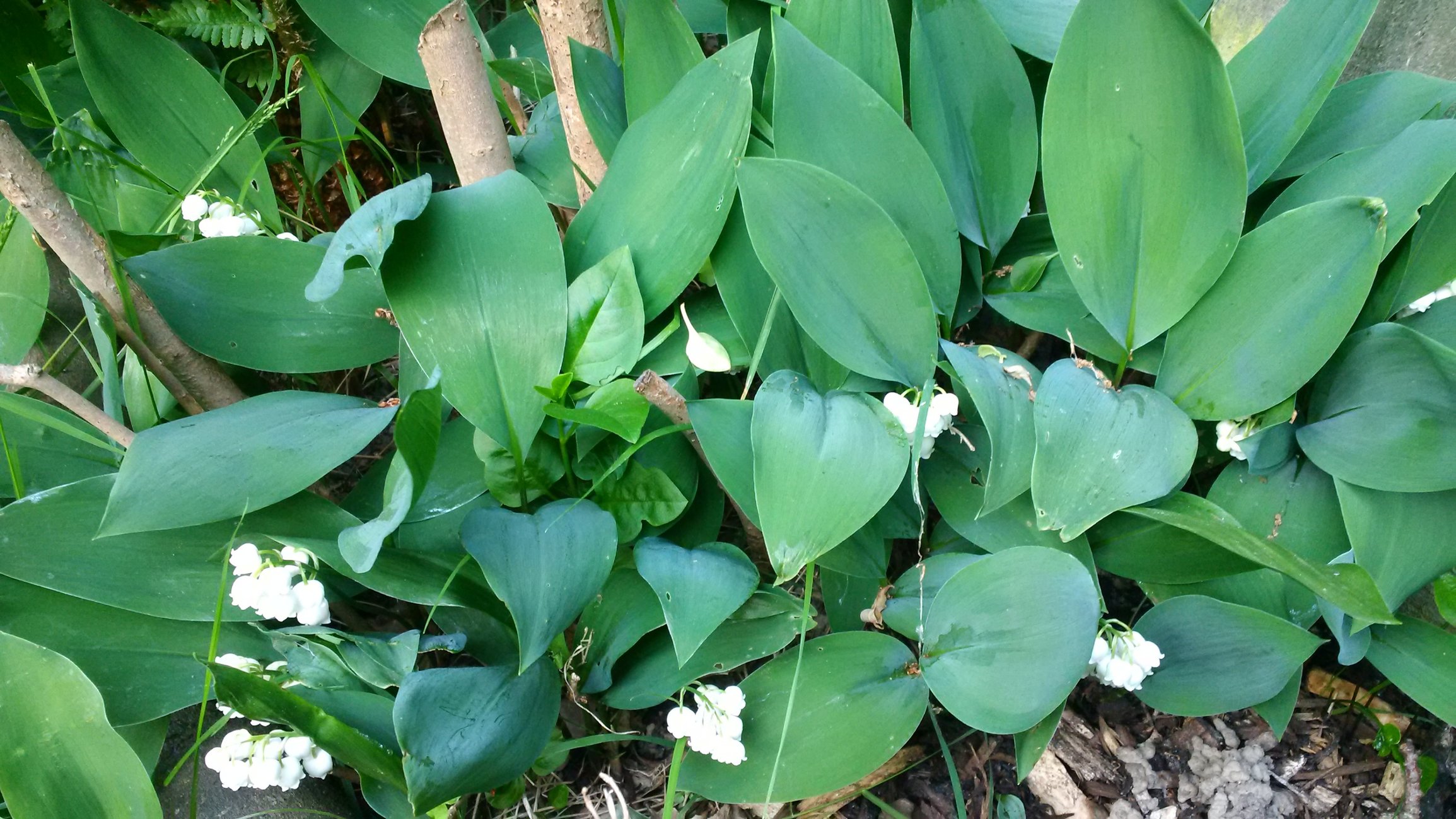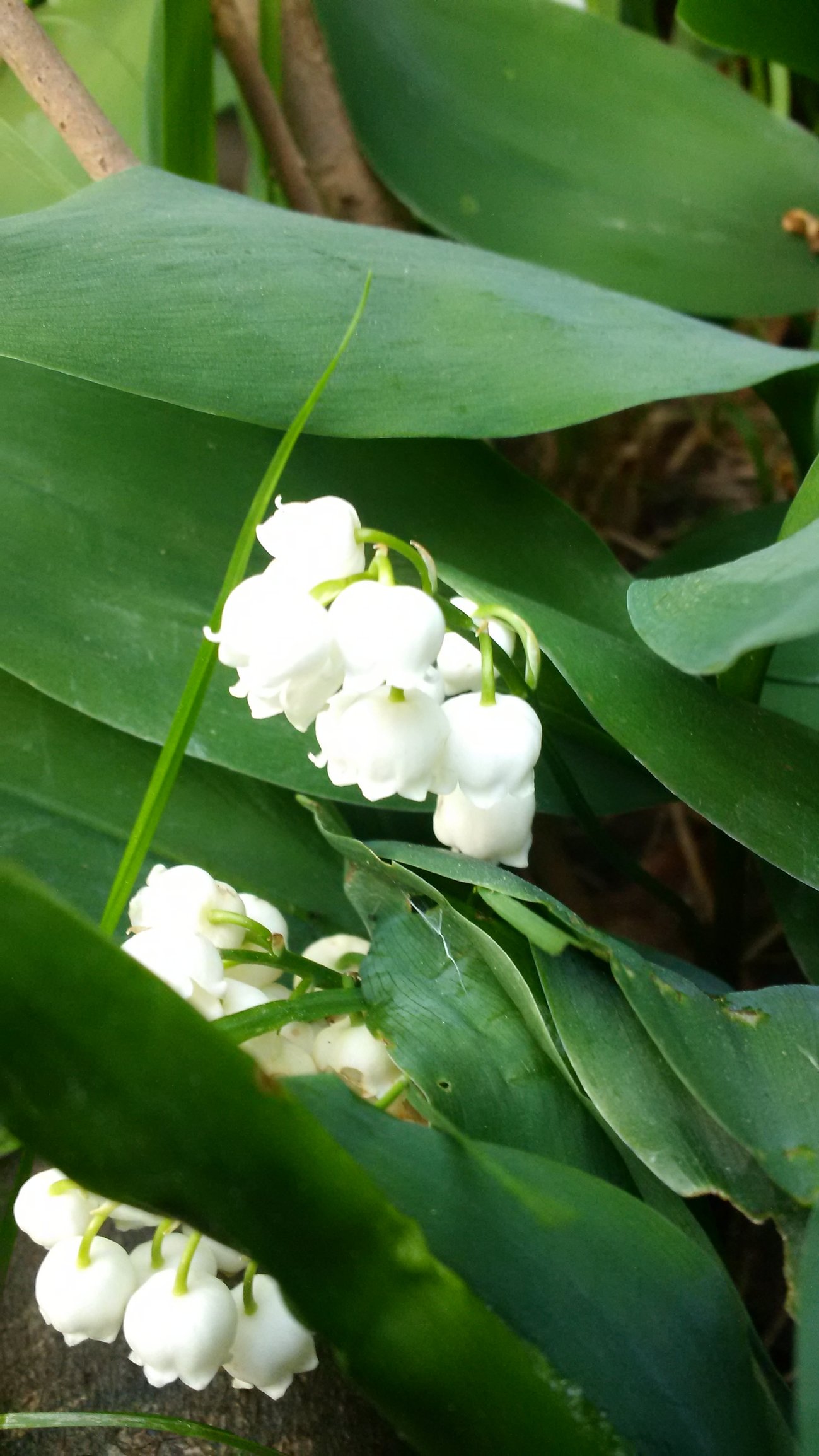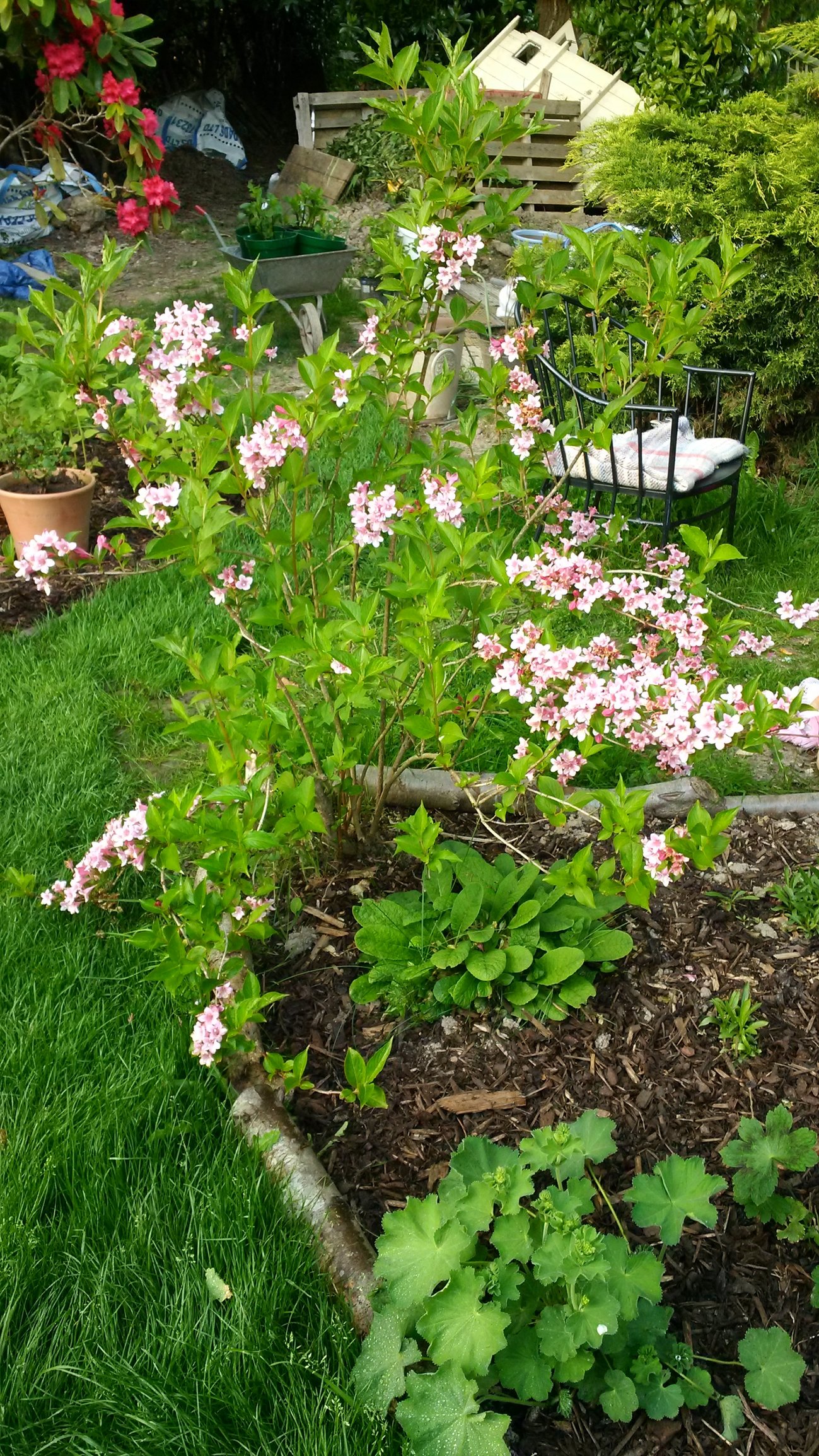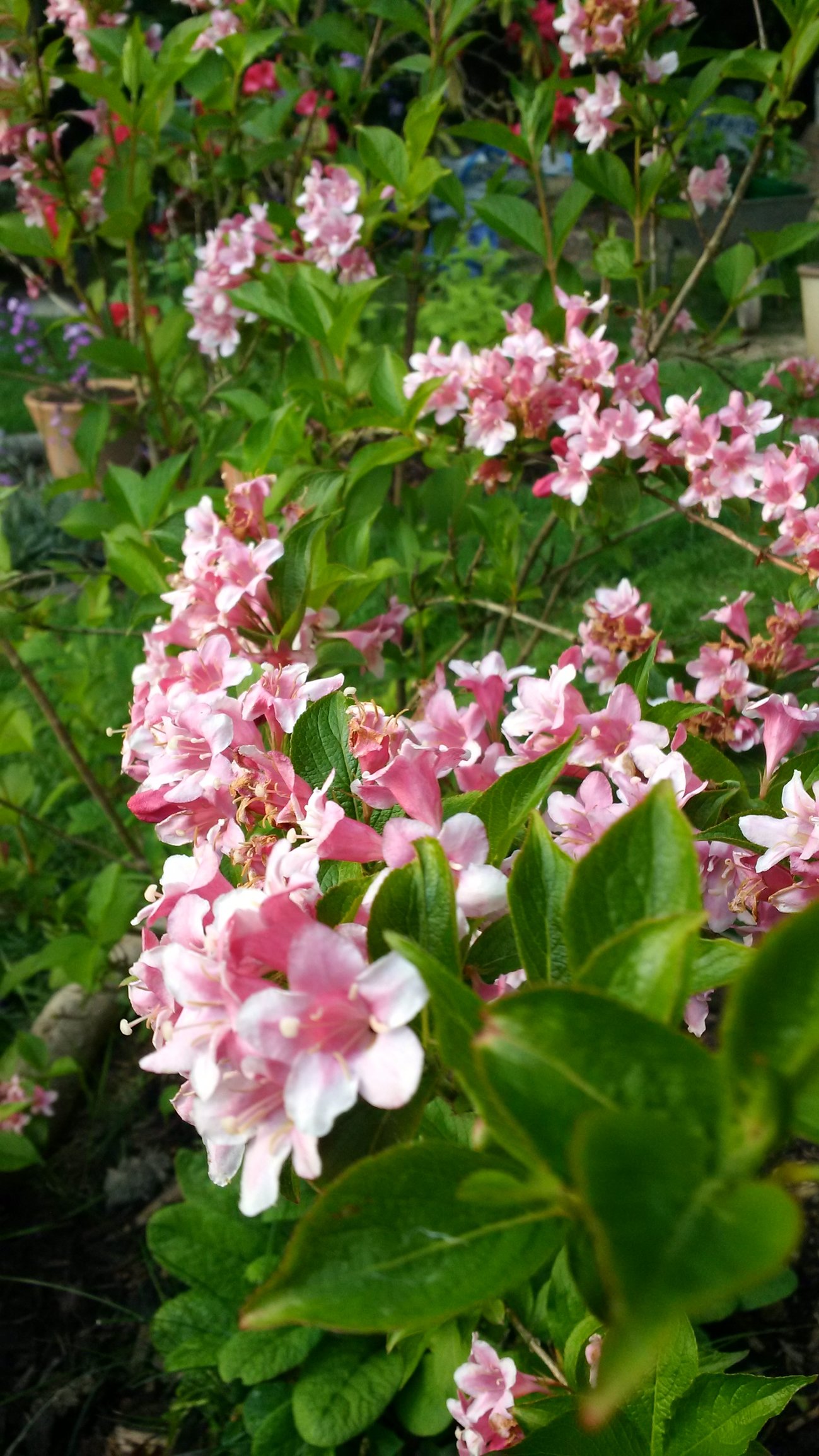This Forum will close on Wednesday 27 March, 2024. Please refer to the announcement on the Discussions page for further detail.
Can you help ID these?
in Plants
Any idea what type of hosts this might be?


And this shrub? I always thought it might be a ribes but I've never seen any fruit.




And this shrub? I always thought it might be a ribes but I've never seen any fruit.


0
Posts
I knew there had to be a reason the slugs weren't eating them!
I find the Lily of the Valley pretty captivating and was considering transplanting a few to other shady areas to colonise.
However, after Fidgetbones identified them I did some reading and discovered that all parts of the plant are highly toxic. Now reconsidering based on having an inquisitive 3 year old romping around the garden.
I am probably being overcautious and reading stuff on the internet doesn't help. I do grow foxgloves as well but my fear was more about the berries that LoV will produce. Why on earth would a plant produce berries that are going to kill you
It's a bit cheeky. Surely the point of berries is that someone eats them and transports seed far and wide, or am I missing something? I suppose if other animals can eat the berries and suffer no ill effects then that is fine.
Yes it is very interesting. Also interesting how animals will know instinctively not each eat certain plants/berries. I know nature does have some clues (e.g. Colour, scent) and other things will be learnt from parents (a la fidgetbones) but I'm pretty sure I have read elsewhere about kind of latent knowledge/understanding in offspring where parents have not been present.